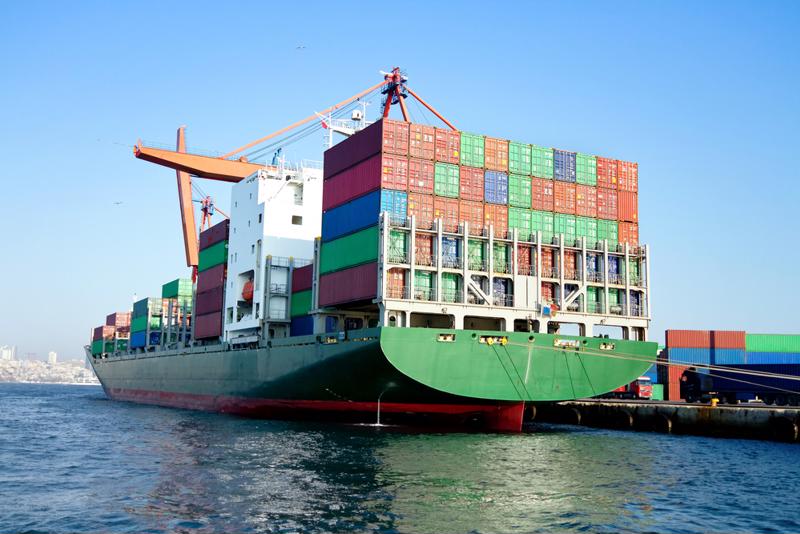While things may get back to normal when it comes to the global supply chain, experts now increasingly say the pandemic has made the need for more local suppliers to be factored into companies' plans, according to CNBC. When more companies have both local and global partners, they are better insulated from risk; in times of local crisis, they are able to shift operations to rely on global partners, and when international trade runs into hiccups, suppliers in their own region can spring into action.

However, experts say companies may have to take a quantum leap forward to realize such gains, especially when it comes to using artificial intelligence to power decision-making, the report said.
"I believe this crisis will significantly accelerate the integration and the penetration of AI into this supply chain," Min Wanli, founder and CEO of the technology-focused investment firm North Summit Capital, told the network. "The evolutionary path from current status to that new equilibrium essentially depends upon how fast you adopt the digital technology and also AI technology."
Staggered — but not knocked down
Certainly, there are many businesses that were knocked for a loop when the coronavirus hit and found themselves dazed and confused about how to respond without experiencing disruptions and delays, according to the Financial Times. Some supply chains, such as those related to perishable goods, were in dire straits for quite some time after the outbreak became a global problem. Rapid strategizing allowed more companies to recover somewhat quickly.
However, the damage was done, and companies realized what their shortcomings were, the report said. As such, many within the industry have been working to foster resiliency in their partnerships for months, so that when the next big issue arises (whether it's a pandemic, natural disaster or an economic downturn) they will be able to pivot more quickly and easily.
Responding to changing habits
Of course, it's not just leaders and businesses in the supply chain whose normal routines have been changed by the pandemic — consumers are in the same boat, according to Freight Waves. This is another reason why companies need to be more responsive to changing landscapes. Data suggests that people are now far more inclined to shop online, but businesses need to simultaneously prepare for a future where that remains the norm, and one where buying habits get back to pre-COVID norms.
Simply put, the more industry decision-makers can do to make sure their companies can respond effectively to any developing trends, the better off they, their partners and their customers will be when a new crisis presents itself.



Post A Comment:
0 comments so far,add yours